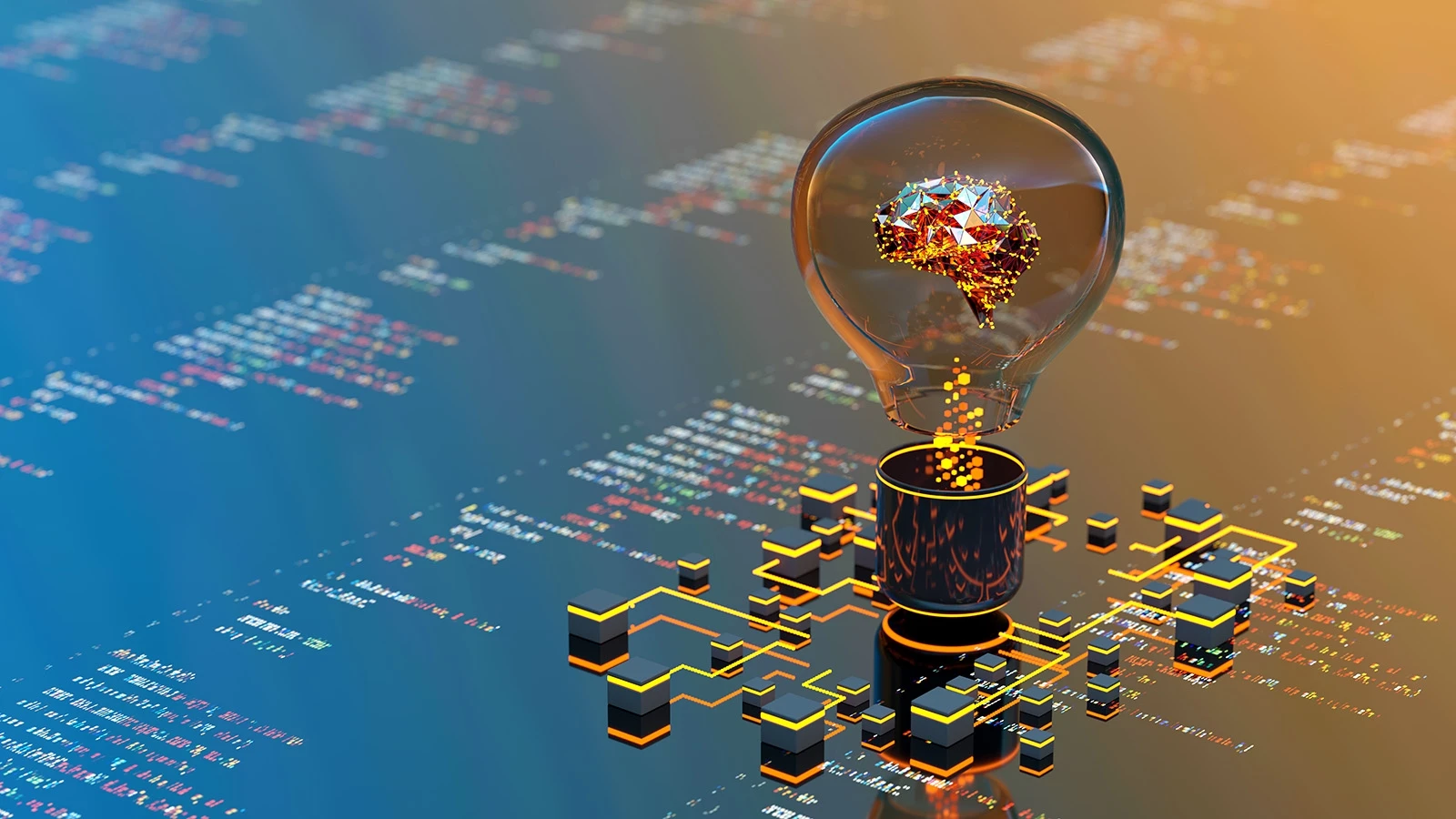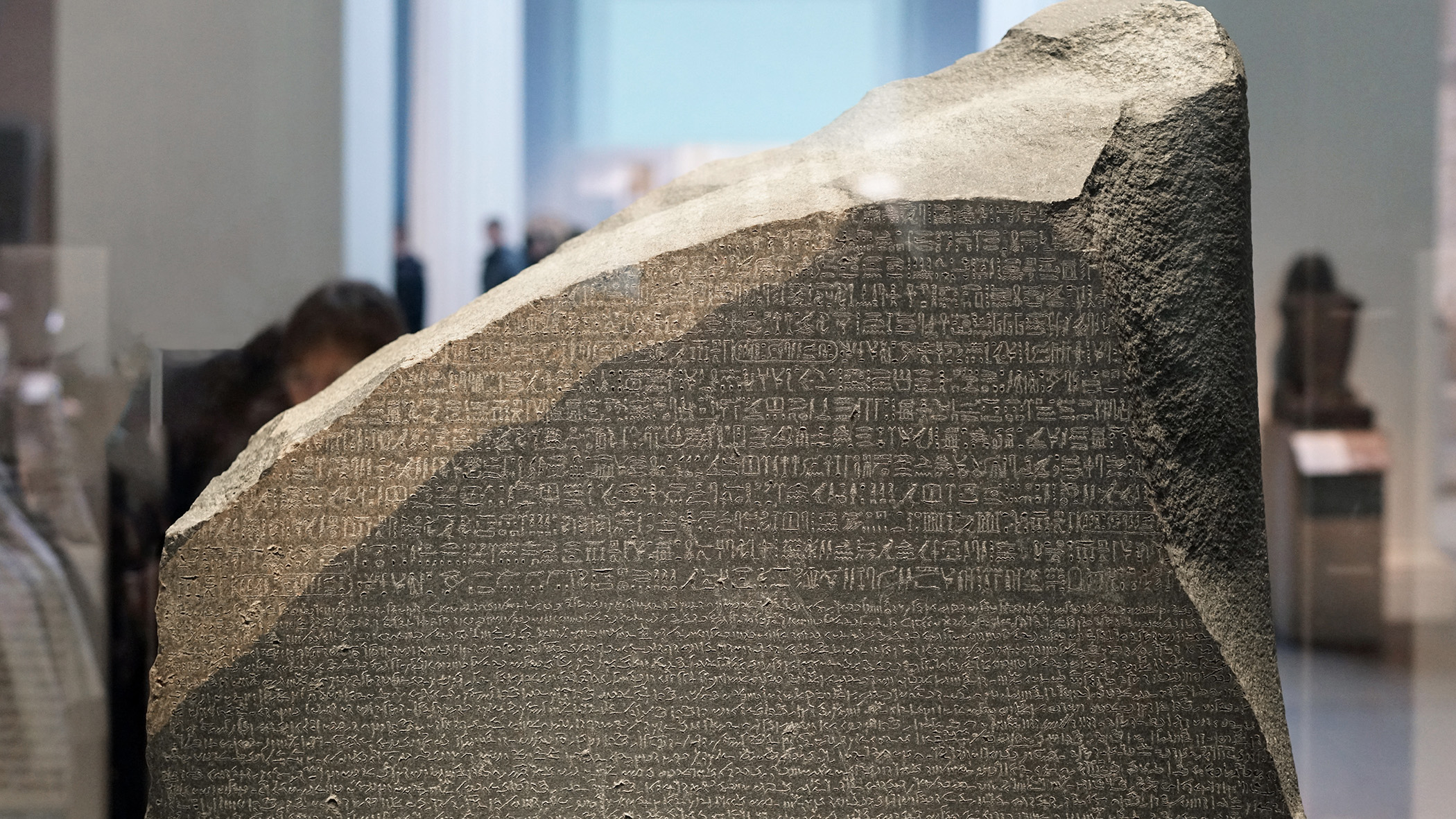The mysteries of ancient languages have long captivated scholars, archaeologists, and linguists. From the undeciphered scripts of the Indus Valley Civilization to the cryptic symbols of the Mayan civilization, these languages represent a challenge that has stymied generations of researchers. Yet, in the 21st century, artificial intelligence (AI) has emerged as a powerful tool, offering the potential to unravel some of these linguistic enigmas. But can AI really help us decipher languages that have eluded human understanding for centuries?
The Challenge of Deciphering Ancient Languages
Deciphering an ancient language is no small feat. It’s not merely about translating words from one language to another—it involves piecing together clues from incomplete or fragmented texts, understanding the cultural context, and often interpreting symbols that may not even correspond to any known alphabet or phonetic system.
Historically, there have been a few success stories. The Rosetta Stone, for example, was the key to deciphering Egyptian hieroglyphs. Without it, the language might have remained lost forever. Similarly, the understanding of cuneiform writing, used by the ancient Sumerians, Akkadians, and Babylonians, was made possible by the dedication of linguists and the discovery of bilingual inscriptions.
However, many languages still resist translation. For instance, the Indus script, found on seals and tablets from the ancient Harappan civilization, remains one of the most famous examples of a language that has yet to be deciphered. Despite numerous attempts, the lack of bilingual texts (like the Rosetta Stone for Egyptian) has hindered progress.
Why Are Ancient Languages So Difficult to Decipher?
Several factors make ancient languages particularly difficult to decode:
- Lack of Context: Without a clear understanding of the culture or society that used the language, it’s challenging to interpret its meaning. Many ancient civilizations left behind texts, but without the key to understanding the context, these inscriptions are mere symbols or random collections of words.
- Missing or Fragmented Texts: Unlike modern languages, where entire libraries of written material are preserved, many ancient texts are either incomplete or have been lost to time. For example, only a handful of the original texts of the ancient Maya civilization remain, and many are just fragments.
- Unknown Writing Systems: Some ancient scripts, like the Indus script or the Rongorongo of Easter Island, do not have direct counterparts in known writing systems. Without an alphabet or recognizable symbols, it is almost impossible to begin the process of decipherment.
- Evolution of Language: Over time, languages evolve. Words and symbols that once had clear meanings may become ambiguous or obsolete, especially when no living speakers of the language are available to help interpret them.
The Role of AI in Language Decipherment
Artificial intelligence, especially machine learning (ML) and natural language processing (NLP), holds tremendous promise in overcoming these challenges. AI systems are capable of analyzing vast amounts of data at speeds far beyond human capability, identifying patterns and correlations that might go unnoticed by researchers. Here’s how AI can help with the process of deciphering ancient languages.
1. Pattern Recognition
AI excels at identifying patterns. In the context of ancient languages, this means that machine learning algorithms can sift through massive amounts of script or text, searching for recurring symbols, characters, or groupings. These patterns can offer clues about the structure of the language, the grammatical rules it might follow, and even potential connections between symbols and sounds.

For example, in the case of the Indus script, AI could analyze the frequency and context of specific signs. By comparing these signs to known linguistic structures, it might reveal a consistent pattern of syntax or even identify a possible relationship between symbols and words. The AI might even uncover patterns in the way words or symbols are combined to form phrases, helping researchers determine the syntax and grammar of the language.
2. Machine Translation
In some instances, AI-driven machine translation tools have already made strides in translating ancient texts. While these tools are still in their infancy when it comes to languages like the Mayan glyphs or Sumerian cuneiform, they show promise. By training AI on large corpora of bilingual texts—where the ancient language appears alongside a translated version—machines can start to develop a lexicon and even understand the nuances of syntax and meaning.
One of the biggest challenges in machine translation of ancient languages is the scarcity of bilingual texts. However, AI can sometimes overcome this obstacle by using “unsupervised learning,” where it infers meaning through context. Even without direct translation pairs, AI can potentially deduce the meanings of certain symbols by analyzing them in context and cross-referencing them with known language structures.
3. Neural Networks and Deep Learning
Neural networks and deep learning, branches of machine learning, are particularly effective at tasks involving pattern recognition and data analysis. These technologies have been used in various fields—such as facial recognition, speech recognition, and even artistic creation—and they hold great promise for the field of language decipherment.
For instance, a deep learning model could be trained to recognize the different forms and variations of a particular symbol used in an ancient script. By analyzing how these symbols appear in various contexts (e.g., on seals, pottery, or stone tablets), AI could begin to make educated guesses about the possible meanings and pronunciations of those symbols. Over time, the model could refine its predictions as more data is fed into it.
4. Cross-Referencing with Known Languages
Another way AI could assist in deciphering ancient languages is by cross-referencing them with known languages. There are many instances in which ancient civilizations interacted with each other, and it is possible that their languages share certain similarities or even borrowed words. AI can identify these linguistic relationships, potentially recognizing cognates or similarities in word structure, grammar, or phonetics between an unknown language and known ones.
For example, AI could analyze ancient Greek and Sumerian texts, searching for common symbols that might have been adopted or adapted across cultures. By examining these similarities, AI could help propose potential translations for the unknown language, even if the context is entirely different.
5. Historical and Archaeological Data Integration
AI is also useful in synthesizing information from various sources. Deciphering an ancient language often requires a multidisciplinary approach, combining knowledge from linguistics, archaeology, history, and anthropology. AI can integrate this diverse information, creating models that incorporate everything from the linguistic structure of a script to the geographic distribution of artifacts, and even the cultural practices of the people who used them.
By combining data from different disciplines, AI can help researchers form more holistic theories about how a language may have evolved, what it might have meant, and how it was used in ancient society.
Limitations and Challenges

While the potential of AI in deciphering ancient languages is exciting, it is not without limitations. One major challenge is the quality and quantity of available data. The more data AI has to work with, the better it can make predictions. However, in many cases, the surviving texts of ancient languages are sparse, fragmented, or incomplete, which limits the training that AI systems can receive.
Another challenge is the inherent uncertainty in the process of decipherment. Languages are not static; they evolve and change over time, and the meaning of words can shift depending on context. Without sufficient historical or cultural context, AI’s attempts to interpret ancient languages can be speculative at best.
Furthermore, AI can only suggest possibilities based on patterns it identifies. It is still up to human researchers to verify these suggestions, interpret the results, and contextualize them within a broader historical framework. AI can’t replace the expertise of linguists, archaeologists, and historians—it can only assist them in their efforts.
Case Studies: AI in Action
While AI’s involvement in deciphering ancient languages is still a relatively new field, there have been some notable examples of how it has been used to decode mysterious scripts.
The Maya Script
The ancient Maya civilization is famous for its complex and highly sophisticated writing system, which was used for inscriptions on stone monuments, codices, and other materials. For years, linguists struggled to fully decode the Maya script, even though parts of it had been understood since the 19th century. In recent years, AI has played a role in advancing this understanding. Using machine learning, researchers have been able to create models that recognize recurring patterns in the glyphs, and even translate parts of the script.
While there is still much work to be done, AI is helping accelerate the pace of progress, making it possible to decode longer passages of Maya inscriptions more quickly than ever before.
The Indus Script
The Indus script, used by the ancient Harappan civilization, remains one of the greatest challenges in the field of language decipherment. The symbols used in the Indus script are thought to represent an entirely unknown language, and very few inscriptions have survived. AI research on the Indus script is still in its early stages, but some researchers have begun applying machine learning techniques to analyze the patterns of symbols.
By analyzing thousands of known inscriptions and attempting to categorize the symbols according to frequency and context, AI systems are gradually building a more complete picture of the script. While it is still far from a full translation, AI is helping to uncover new patterns and relationships between symbols that were previously overlooked.
Conclusion
Can AI help us decipher ancient, untranslatable languages? The answer is both yes and no. While AI holds great potential in identifying patterns, making educated guesses, and assisting in the translation of ancient texts, it cannot fully replace the nuanced, interdisciplinary approach required to understand the complexities of ancient languages.
AI is a powerful tool that, when used in conjunction with traditional linguistic methods and historical research, can significantly accelerate the process of decipherment. However, the true breakthrough will come when AI and human expertise work in tandem, with machines processing vast amounts of data and humans providing the cultural, historical, and contextual insights necessary to interpret that data.
As we continue to develop more sophisticated AI models and increase our understanding of ancient languages, the mysteries of the past may one day become less mysterious, and the voices of ancient civilizations might once again speak to us across the centuries.











































Discussion about this post